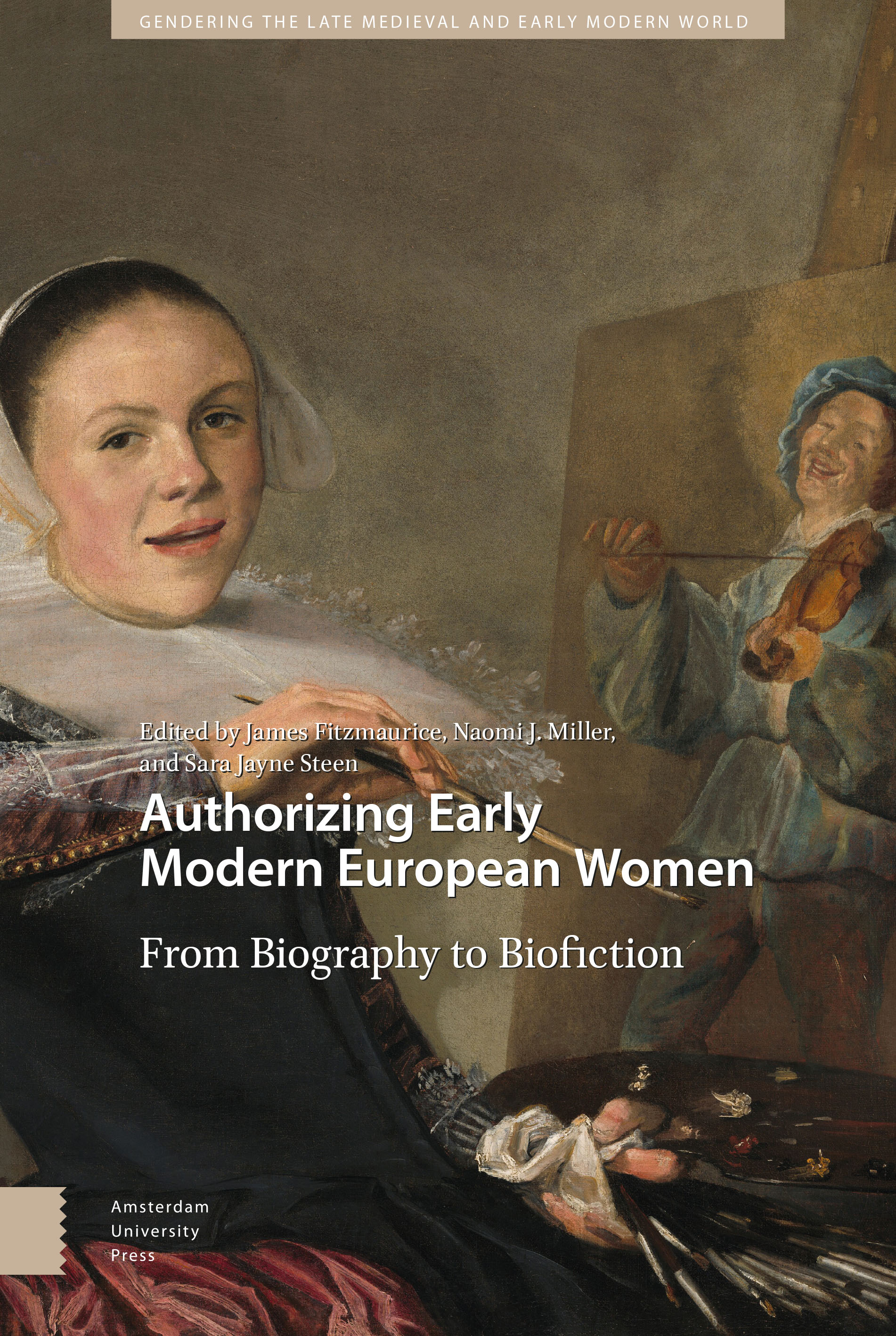11 - “Anne Boleyn, Musician: A Romance Across Centuries and Media”
Published online by Cambridge University Press: 16 December 2021
Summary
Abstract
This chapter situates Anne Boleyn's reputed musicality within five centuries of endless fascination with her. Beginning the year of her execution (1536), an ever-expanding range of histories, biographical accounts, novels, and works of visual and performing arts have presented Anne as a singer, instrumentalist, composer, and/or consumer of musical performances and products. What remain to be acknowledged are the ways in which otherwise rigid academic studies since the eighteenth century romanticize Anne's engagement with music, and, conversely, how often fictitious representations of her have incorporated historically accurate musical information. At the center of these contrasting depictions stand questions of Anne's musical agency, musical training, and with whom and how she shared her musical abilities.
Keywords: Anne Boleyn, Anne Boleyn Music Book (GB-Lcm MS 1070), Henry VIII, historical fiction, romance (literary genre), women composers and musicians
Accounts of the life of Anne Boleyn (c. 1500–1536), the second wife of England's King Henry VIII, have hovered between biography and fiction since more than 125 years before the former term entered the English lexicon and over a half-century before the latter became a recognized genre. A riveting amalgam of invention and fact, the pivot between the oldest definitions of “fiction” and chronicle life-writing, has dominated her story since the final years of her life. The historical Anne has merged with a succession of exemplary characters who share her name and ostensibly inhabit her world, but speak primarily to and about women from subsequent eras. In a 2012 television documentary on the rise of young Anne Boleyn fans, the “biggest-selling female historian in the United Kingdom,” Alison Weir, explains that “[t]here are cults around Elizabeth the First, but not the way there are around Anne Boleyn […]. Anne Boleyn has been highly romanticized […] and this is the fault of some historians as well.” Anne's influence, she continues, has been drastically overstated since the 1960s by scholars as well as novelists and film-makers when during her life “her only power came from a man” (Burden). Such valorization is hardly a product of the past half-century. Shortly after her execution in 1536, Anne was already the subject of international mass-media speculation (Carles).
- Type
- Chapter
- Information
- Authorizing Early Modern European WomenFrom Biography to Biofiction, pp. 141 - 154Publisher: Amsterdam University PressPrint publication year: 2021

